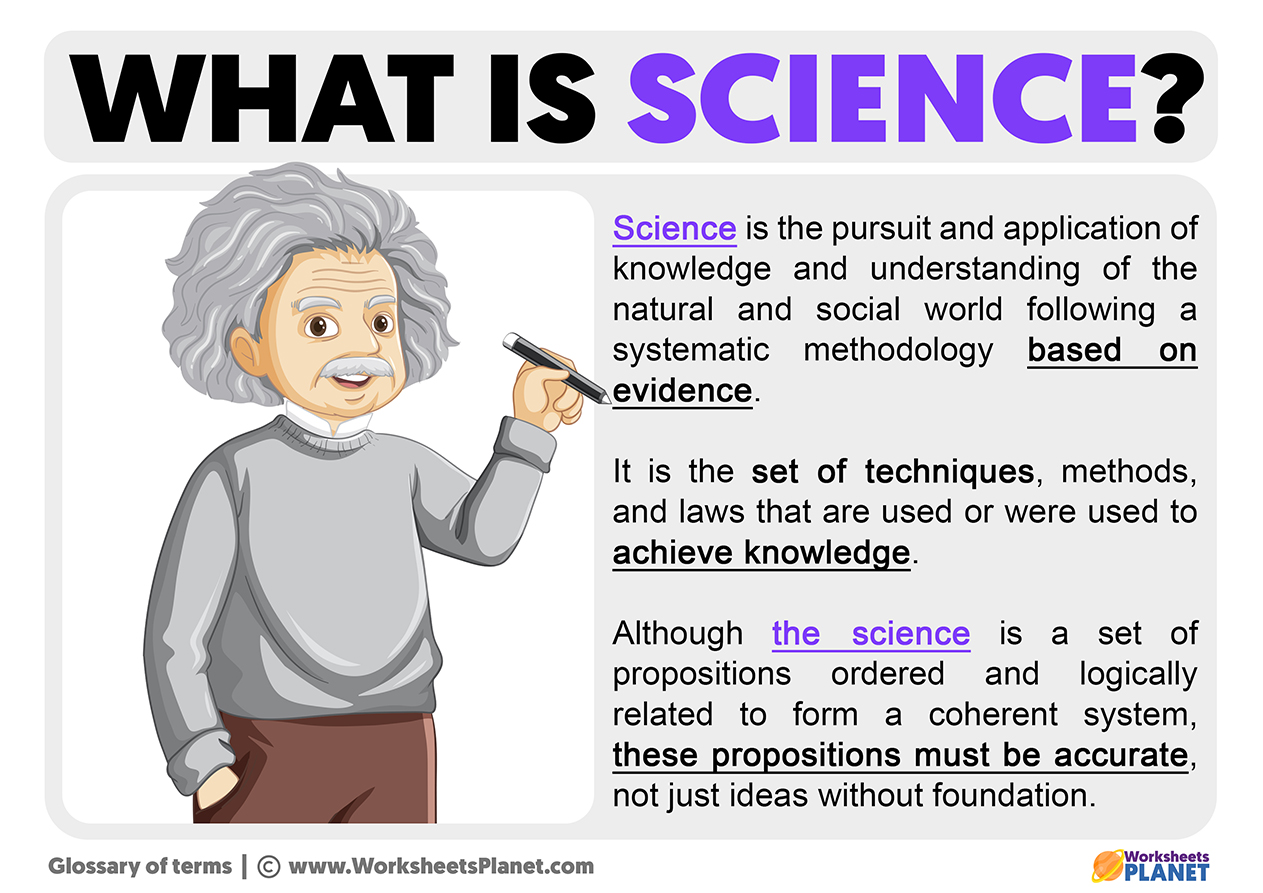The intricate tapestry of modern environmental ethics weaves together numerous strands, revealing the profound influence of science at its core. Just as a maestro orchestrates a symphony, guiding each instrument to harmonize with the others, science meticulously elucidates the multifaceted relationships within our ecosystems. In exploring how science elucidates environmental ethics, we delve into the symbiotic exchanges that shape our moral compass when it comes to the natural world.
At the heart of the contemporary environmental movement lies the urgent necessity for a nuanced understanding of ecological interdependence. Patterns within nature are not mere happenstance; they are the results of intricate biological processes, weather phenomena, and geological events. Scientific inquiry acts as a beacon, illuminating these connections, and enabling a more profound comprehension of environmental consequences. Vega, in his explorations of socio-ecological systems, posits that our ethical frameworks must evolve in tandem with our scientific revelations about these connections.
Consider the potent metaphor of the earth as a living organism, often described through the lens of Gaia theory. As proposed by James Lovelock, the Earth functions as a single, self-regulating entity, where each component—be it flora, fauna, or microbe—plays an indispensable role in maintaining homeostasis. In recognizing this, one’s ethical obligations extend beyond the mere preservation of individual species to encompass an entire system, demanding a moral paradigm that prioritizes biodiversity and ecological health over anthropocentric interests.
Yet, embracing this depth of ecological understanding necessitates rigorous scientific inquiry. Through environmental science, researchers contribute to a reservoir of knowledge—data on climate change, deforestation, and pollution levels. Empirical evidence from studies investigating the impact of carbon emissions on polar ice caps starkly illustrates the consequences of human activity. This evidence serves not merely as a call to action but as the foundation upon which ethical considerations can be constructed. The debate surrounding climate change exemplifies an ethical dilemma deeply rooted in scientific understanding; it challenges society to contemplate the ramifications of action versus inaction.
Moreover, the role of technology cannot be understated in modern environmental ethics. Innovations rooted in scientific advancements facilitate both the mitigation of ecological challenges and the enhancement of our ethical stances toward nature. For instance, the advent of renewable energy technologies and bioremediation techniques are grounded in scientific discovery. They offer ethical pathways to reduce our carbon footprint and heal environmental wounds inflicted through decades of industrialization. These technological solutions underscore a pivotal shift towards a sustainable future—one where scientific progress undergirds ethical responsibilities, fostering an ethos of stewardship.
Additionally, we must recognize the unresolved ethical dilemmas that accompany scientific advancements. The practice of genetic engineering, while offering promising solutions to food security, raises profound questions regarding biotic integrity and the potential ecological disruptions stemming from manipulated inheritance. In this context, environmental ethics emerges as an ongoing dialogue with science—a negotiation where data informs decisions, and moral consideration weighs heavily on the implications involved. The challenge lies in harmonizing the potential benefits of scientific breakthroughs with the ethical imperatives of maintaining ecosystem balance.
Furthermore, interdisciplinary approaches serve as a crucible where science and ethics meld to forge actionable strategies in environmental governance. Civic engagement, informed by scientific literacy, allows for a more democratic process in addressing environmental issues. The role of public policy in regulating practices that perturb ecological health, influenced by scientific findings, exemplifies the critical intersection between scientific rigor and ethical responsibility. Collaborative dialogues among scientists, ethicists, policymakers, and the public are essential in fostering an inclusive understanding of environmental stewardship.
As we navigate the complexities of modern environmental ethics, it is essential to embrace uncertainty and remain cognizant of our evolving knowledge base. Scientific inquiry inherently involves speculation and revision; theories are tested, reassessed, and refined in light of new discoveries. Consequently, ethical frameworks must possess a similar fluidity—capable of adapting to newly unearthed data and changing paradigms. Science invites us to engage with the evolving narratives of our natural world, encouraging humility and resilience as we grapple with the consequences of our choices.
In conclusion, the relationship between science and environmental ethics encapsulates a profound dialogue between knowledge and morality. This synergy equips humanity with the tools to not only decipher the complexities of our environment but also to recognize our ethical obligations toward it. The intricate web of ecological relationships elucidated through scientific inquiry beckons a collective response rooted in respect and responsibility. May we perceive the earth not merely as a resource to exploit but as an intricate mosaic worthy of reverence, reminding us always of our connection to, and impact on, the living world. Such a perspective heralds a new epoch of environmental ethics, where science stands as both guide and guardian, illuminating paths toward a sustainable and ethical future.










